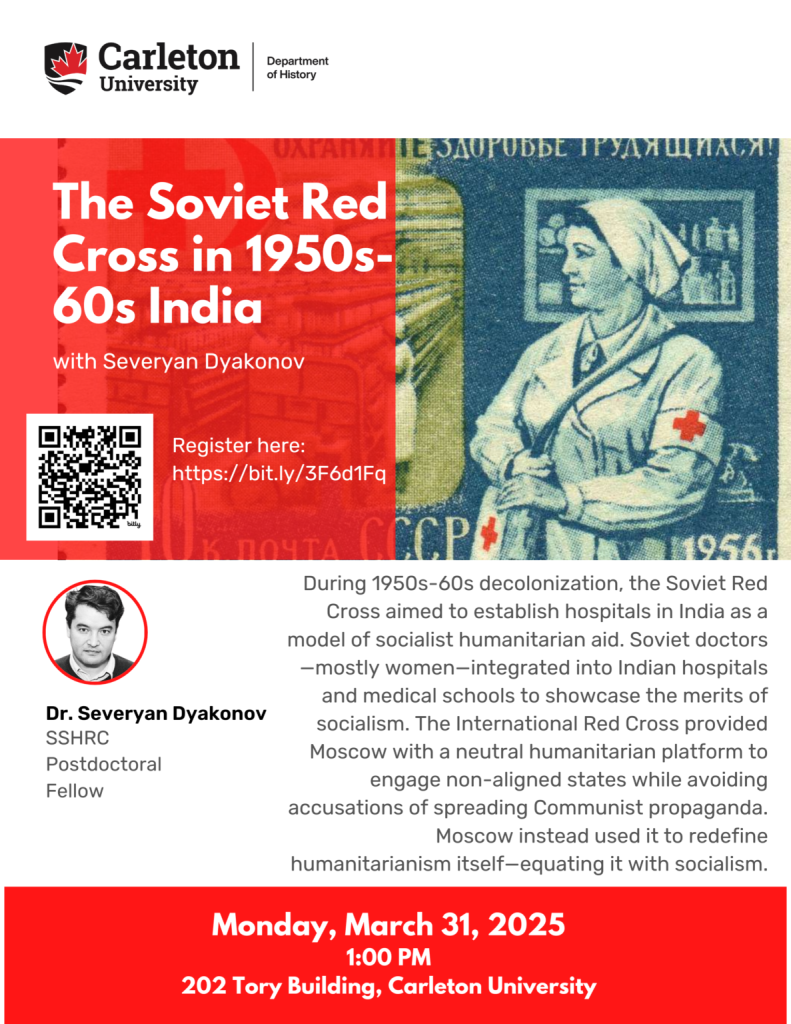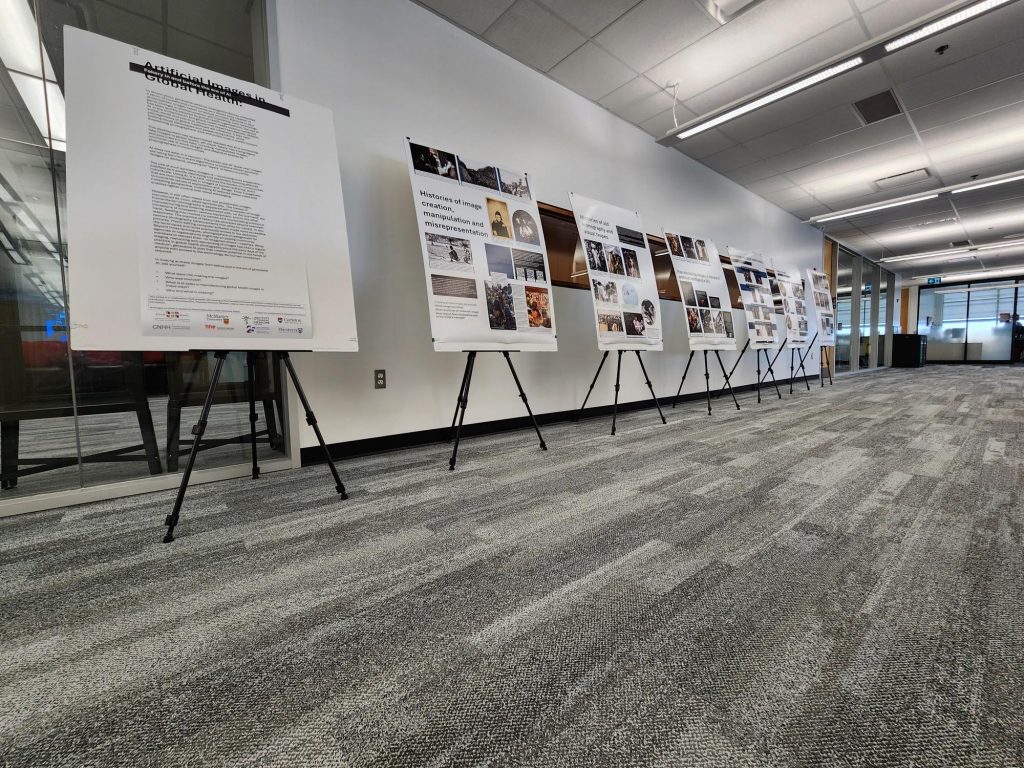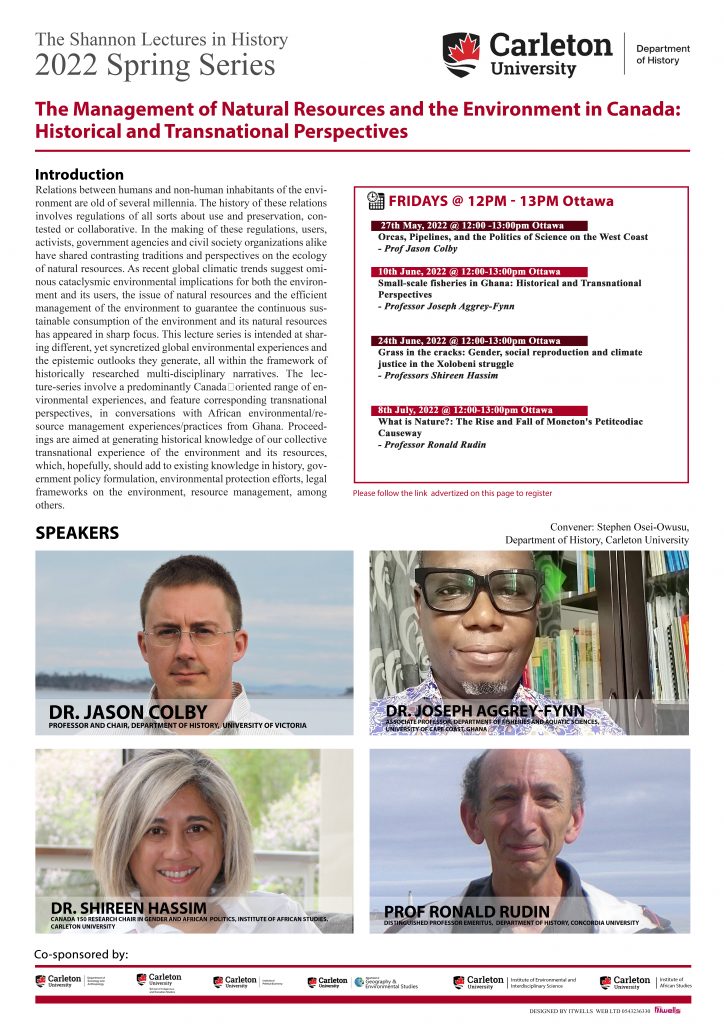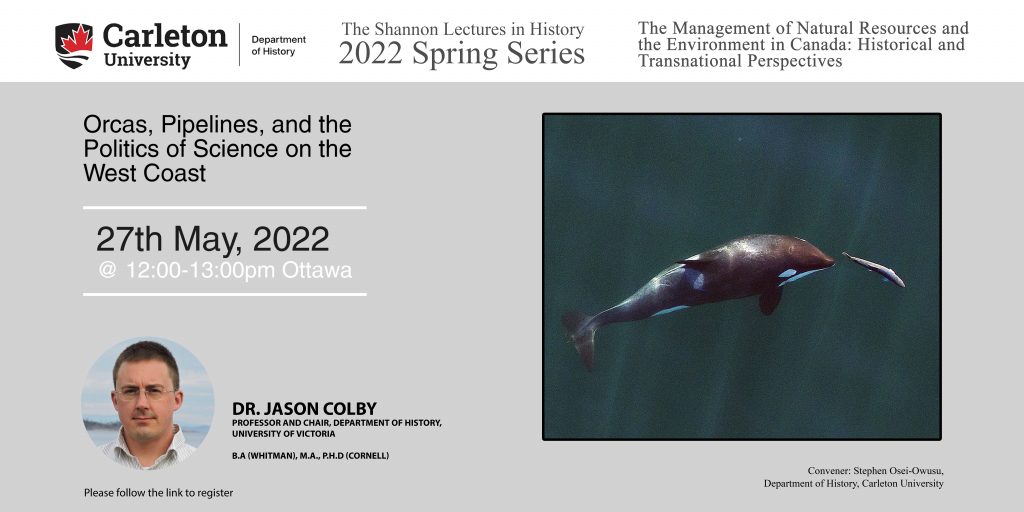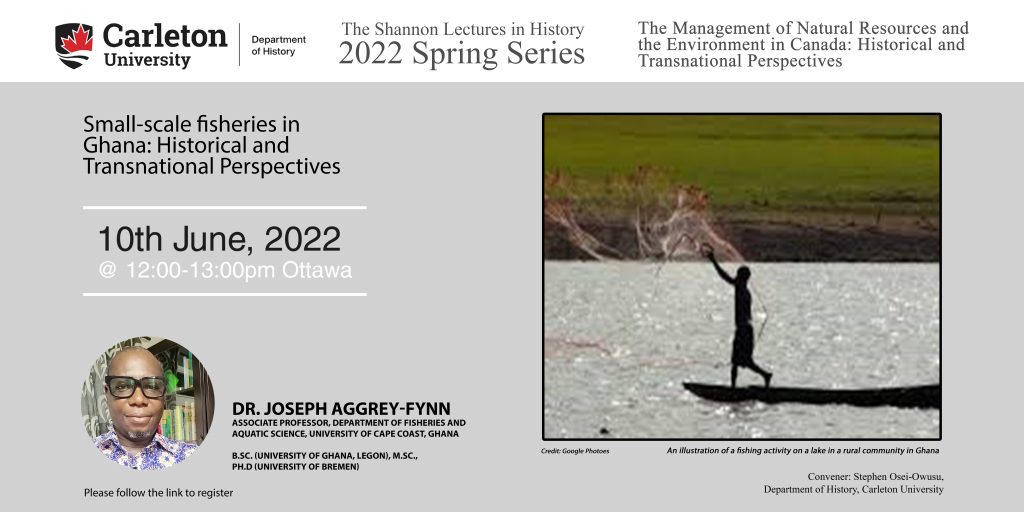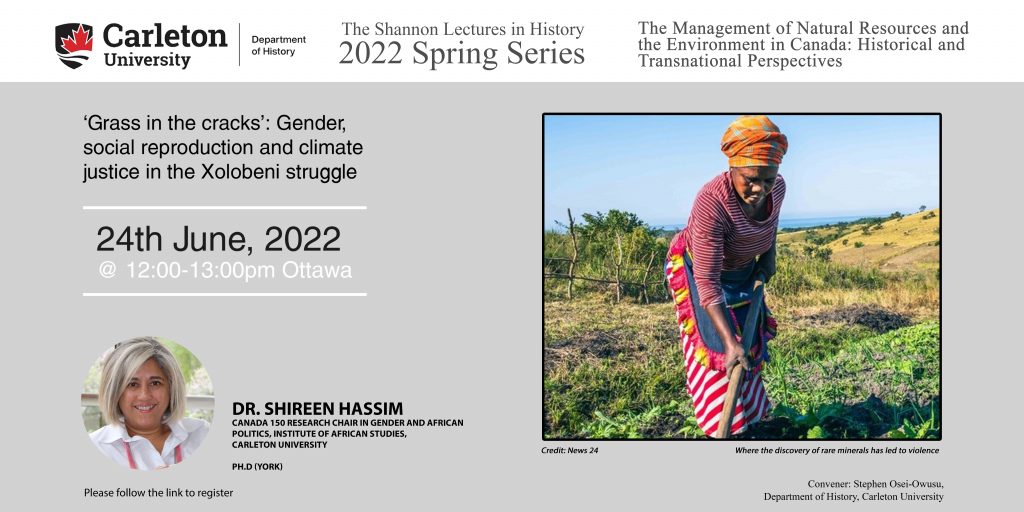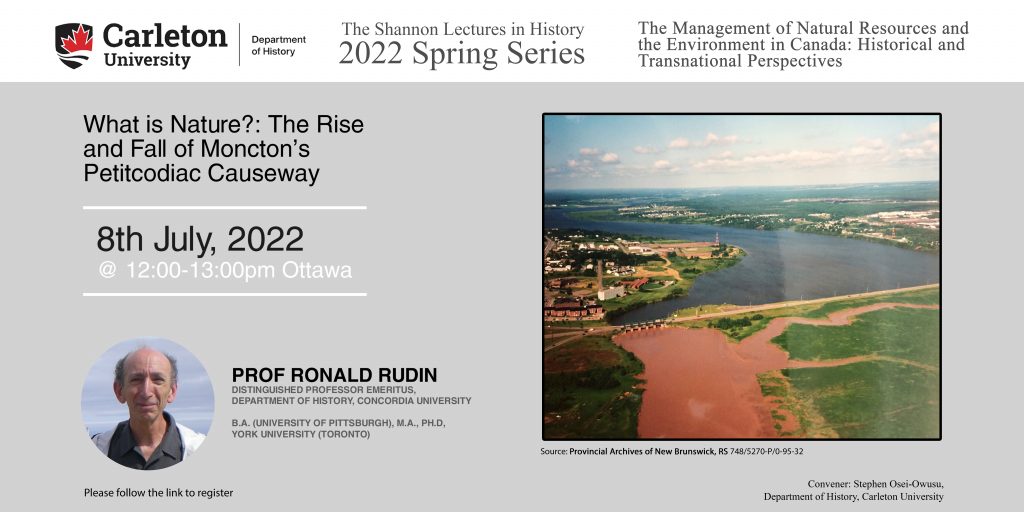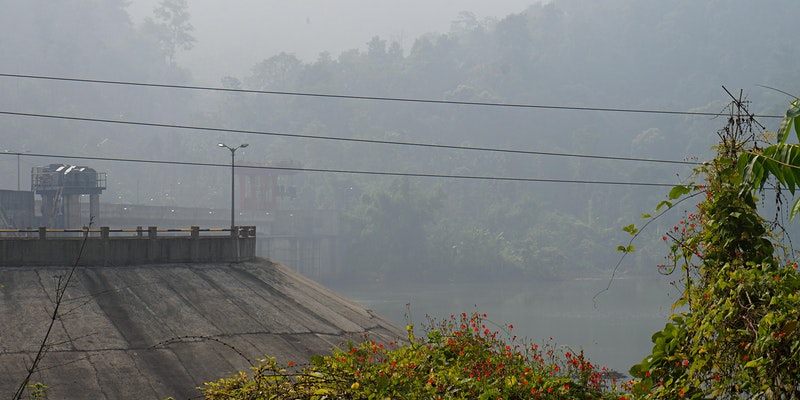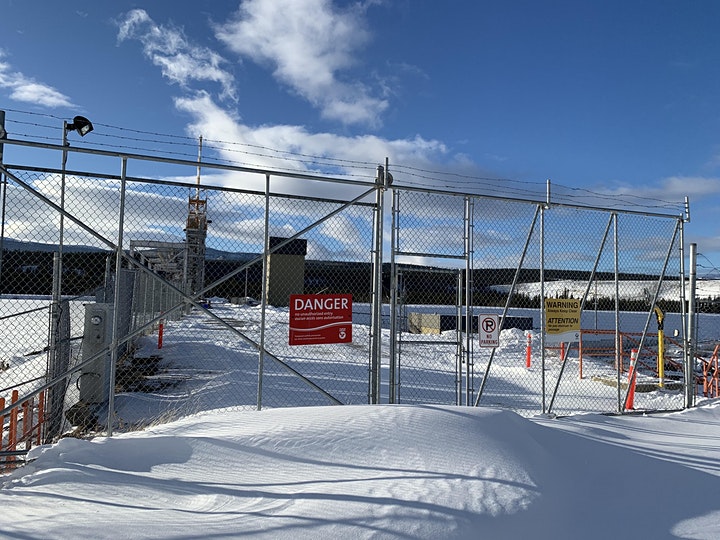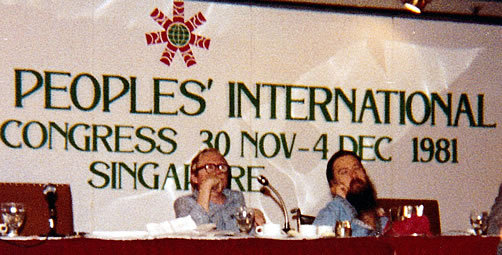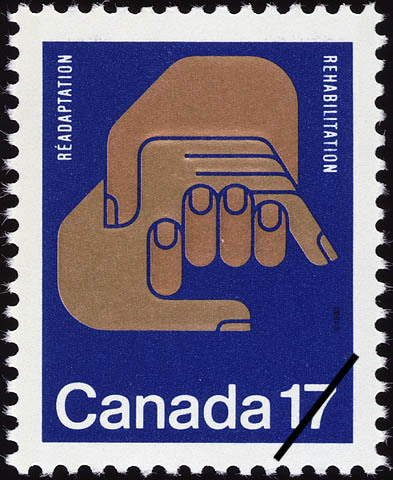George Brown University, Congress, 2 June 2025
Present:
- In person: Kevin Brushett (Royal Military College), Jill Campbell-Miller (Public Servant Government of Nova Scotia & Adjunct Professor Saint Mary’s University), Dominique Clément (University of Alberta), Jean-Michel Turcotte (Department of National Defense & Adjunct Professor at Carleton University); –
- Virtually: Severyan Dyanikov (post-doctoral fellow, Carleton University); Henrique Schlumberger (PhD student at the Federal University of Paraná (Brazil); visiting scholar at Carleton University); Dominique Marshall (Carleton University).
0. Welcome and Introductions
All participants took 5 minutes each to present their work
Two Carleton research fellows took 10 minutes each for special introductions
- Severyan presented his future work on the histories of the Red Cross as agent of development
- Henrique presented the work he is doing in Canada
In addition, D. Marshall spoke of the work of upcoming visiting fellow Jonathan Crossen. Members of the CNHH are invited to the event in honour of his work, virtually or oin person, on Thursday June 25:
1. Next year’s CNHH session at the 2026 CHA Annual meeting
The meeting will be organised away from Congress, which has been cancelled for 2026. We agreed on a table on Canadian humanitarian and development aid and decolonization, with possible contributions from Severyan on the Colombo Plan; Kevin; Jean-Michel; D. Marshall on Oxfam; and maybe Jonathan Crossen, who is currently visiting fellow at Carleton University. Dominique will circulate the call in the Fall of 2025, when the CHAA makes its own call.
2. Archives
Severyan spoke of his initiative to digitize Red Cross archives and work with AI within these archives, and his attempt to find a faculty member in Europe to anchor the project.
Henrique invited suggestions to find archives about Ukrainian refugees and humanitarian organisations in Canada in the mid-20th century.
D. Clément and Kevin spoke of the wealth of documents deposited in the archives of External Affairs on the activities of NGOs in different countries, as embassies oversaw the activities of Canadian NGOs, often easier to access than those of CIDA.
D. Marshall presented the acquisition at Carleton University Archives and Special Collections (ASC) of the audio tapes of the dozens of interviews Ian Smille conducted for the making of his book on the history of CUSO; she also spoke of the collection of graphic novels and old photographs of East Africa acquired from the Dominican brother Yvon Pomerleau. All 3 fonds have been catalogues and the catalogue will be online soon. She repeated the invitation of ASC to help with archival rescue whenever CNHH members need support.
Jean-Michel spoke of the family archives of Jack Crawford he found on the Canadian involved in Peacekeeping diplomacy.
3. Social media
The CNHH has moved from “X” to Bluesky : @cndhistassoc.bsky.social
And started a “List of the Friends of the CNHH on Bluesky” : https://bsky.app/profile/aidhistory.bsky.social/lists/3lpteuw6chq2s
4. Website, suggestions
- Website
- Jill who designed the website is asking for someone to update it, who has the technical knowledge to save it before the update. Dominique Marshall suggested to ask one research assistant at Carleton.
- Possible blogs
- D. Marshall invited D. Clément to write about the upcoming publication of his database on NGO budgets since the 1970s.
5. Other business

